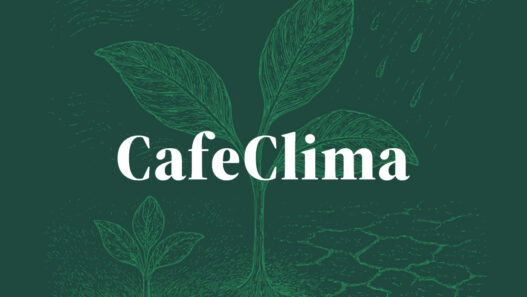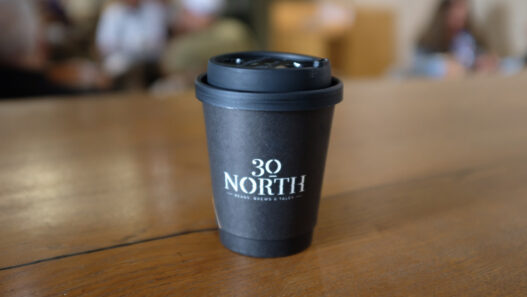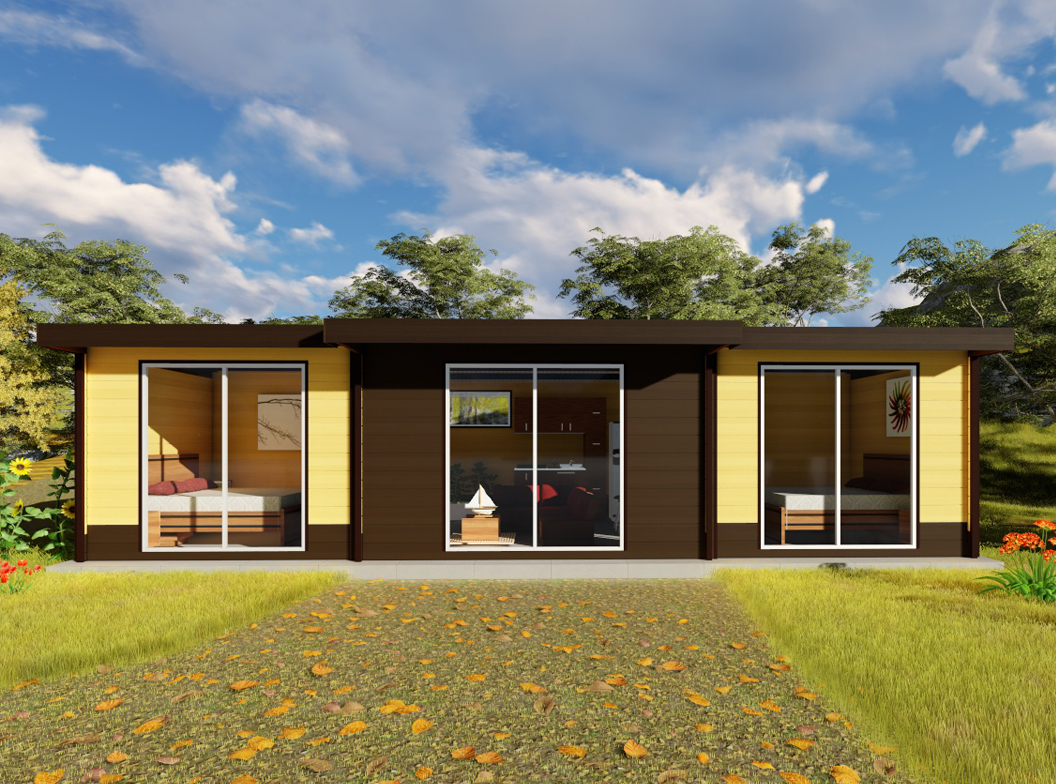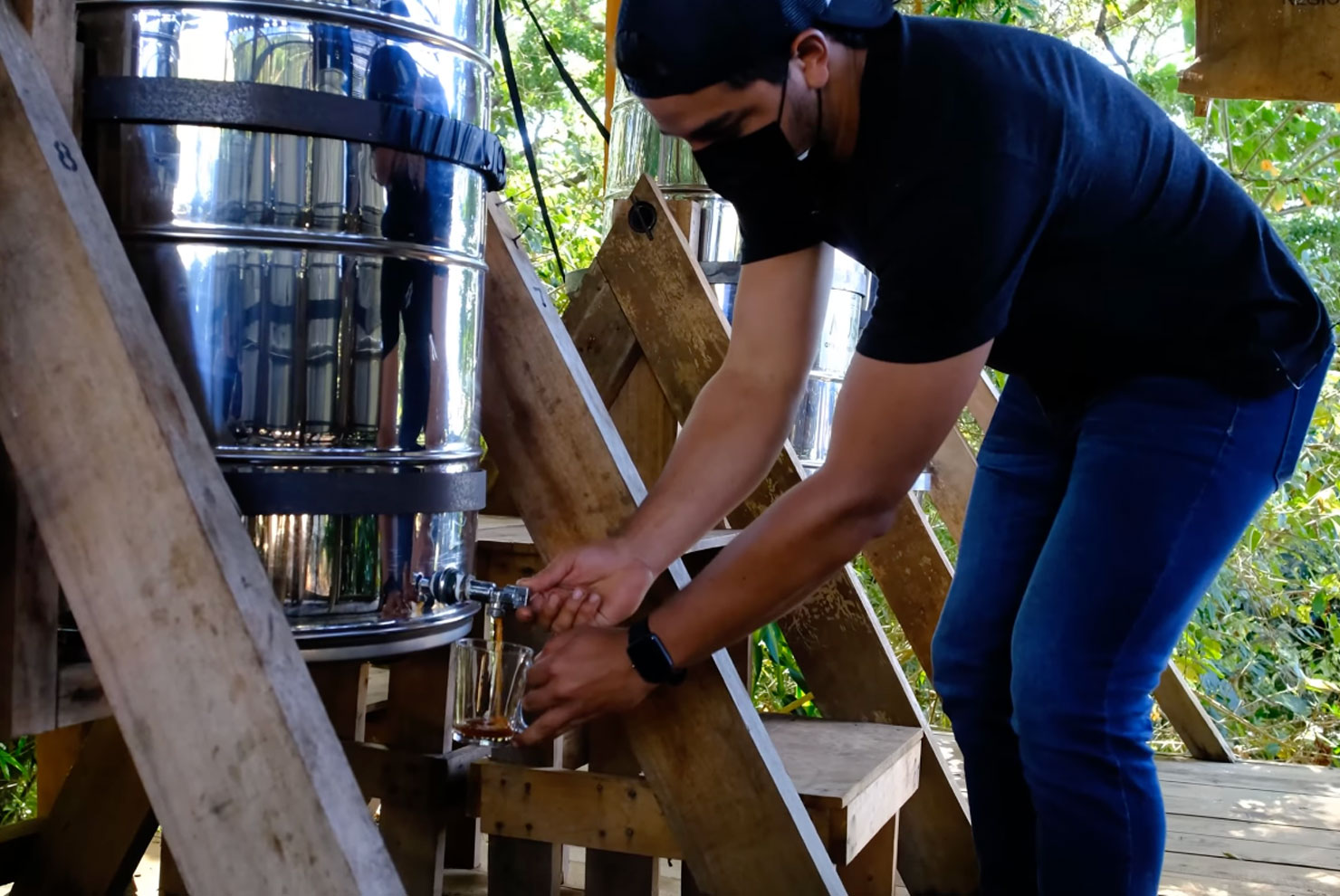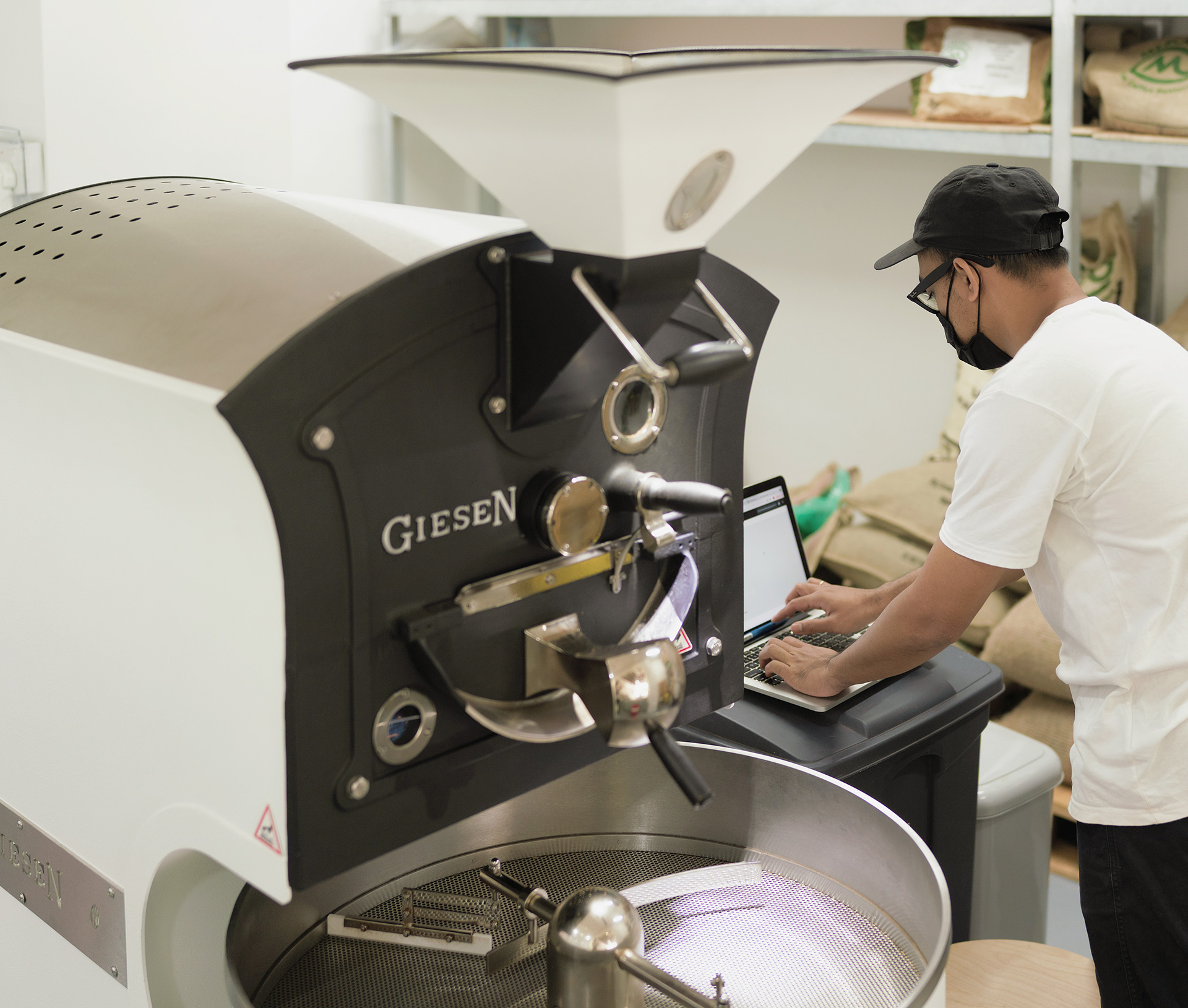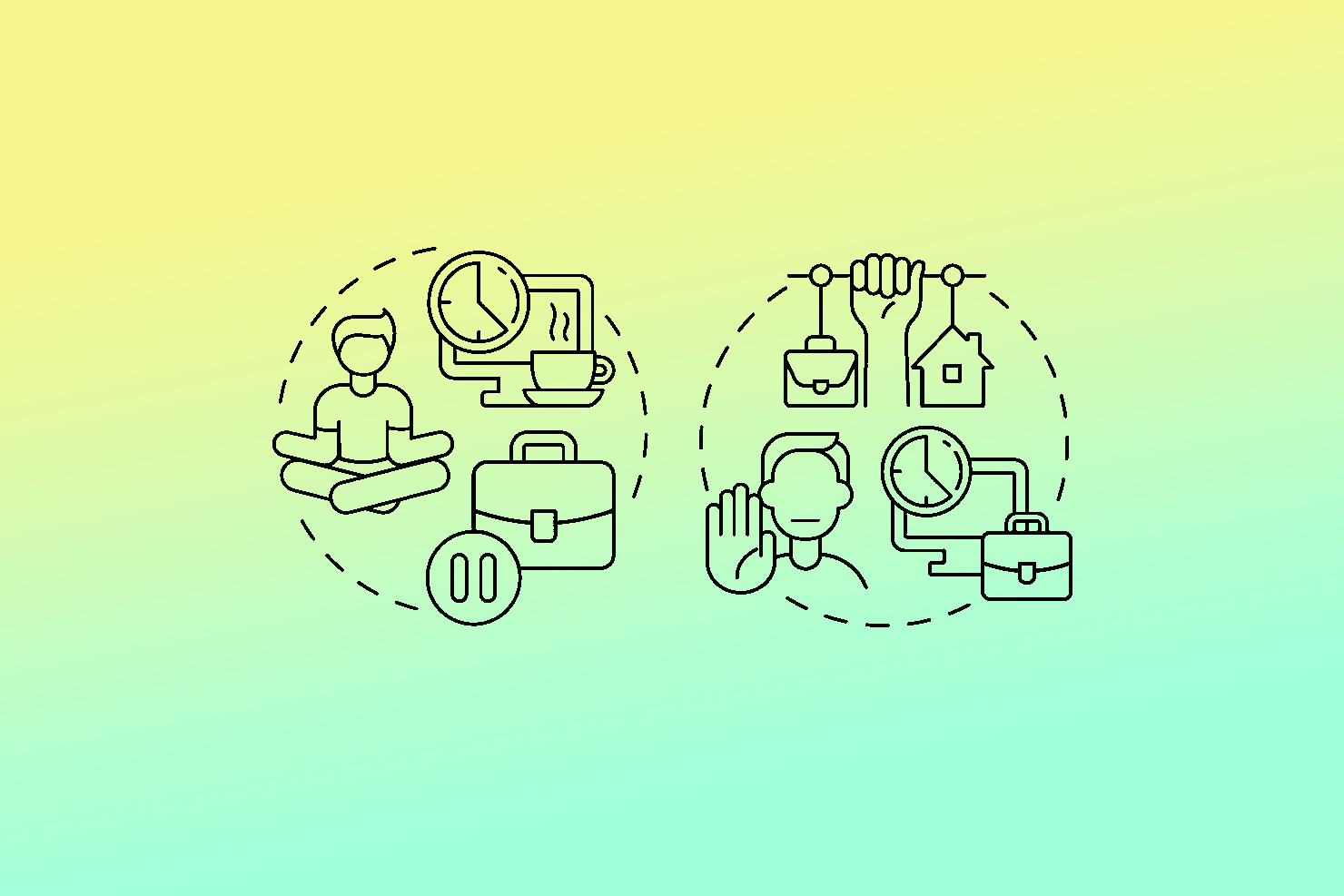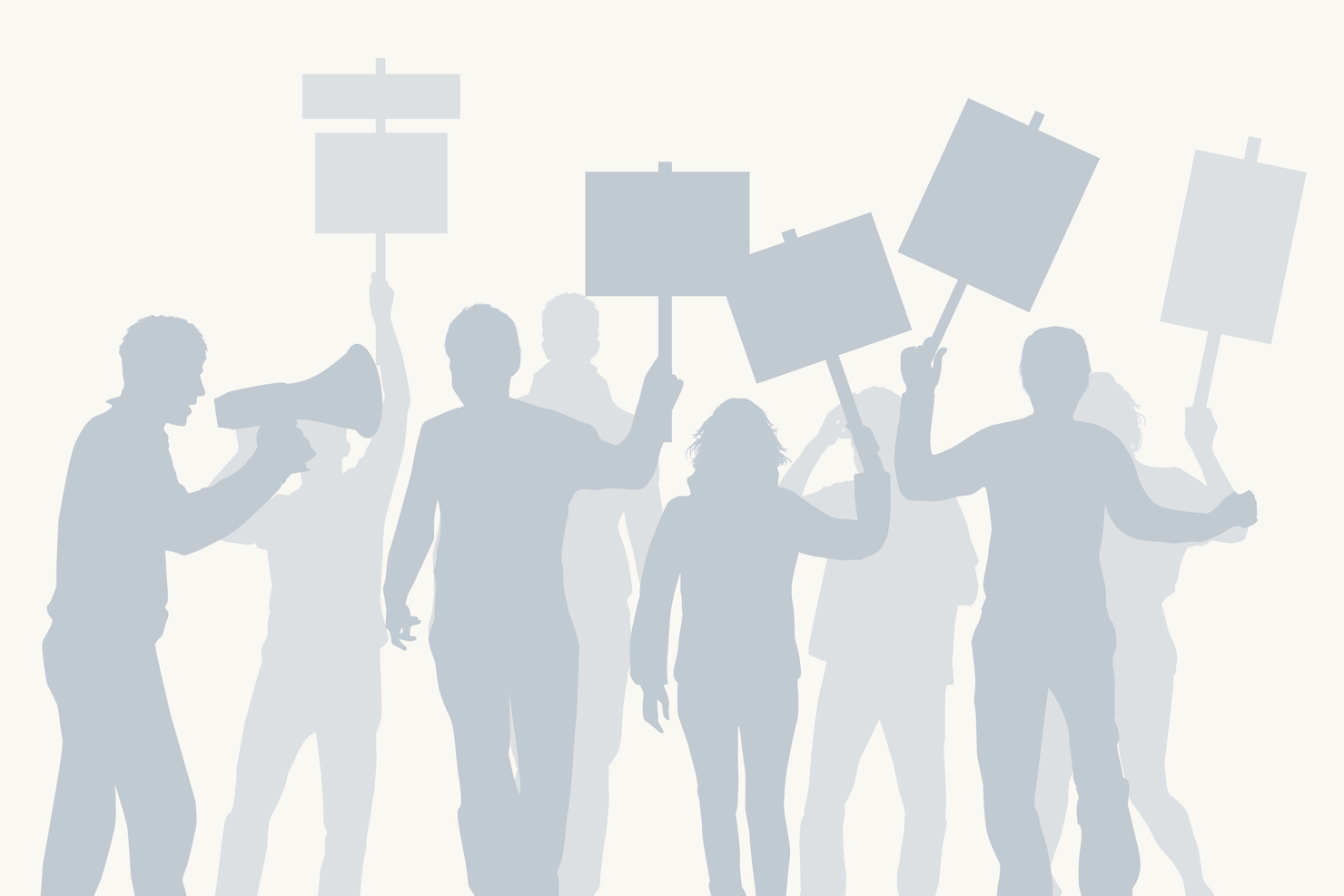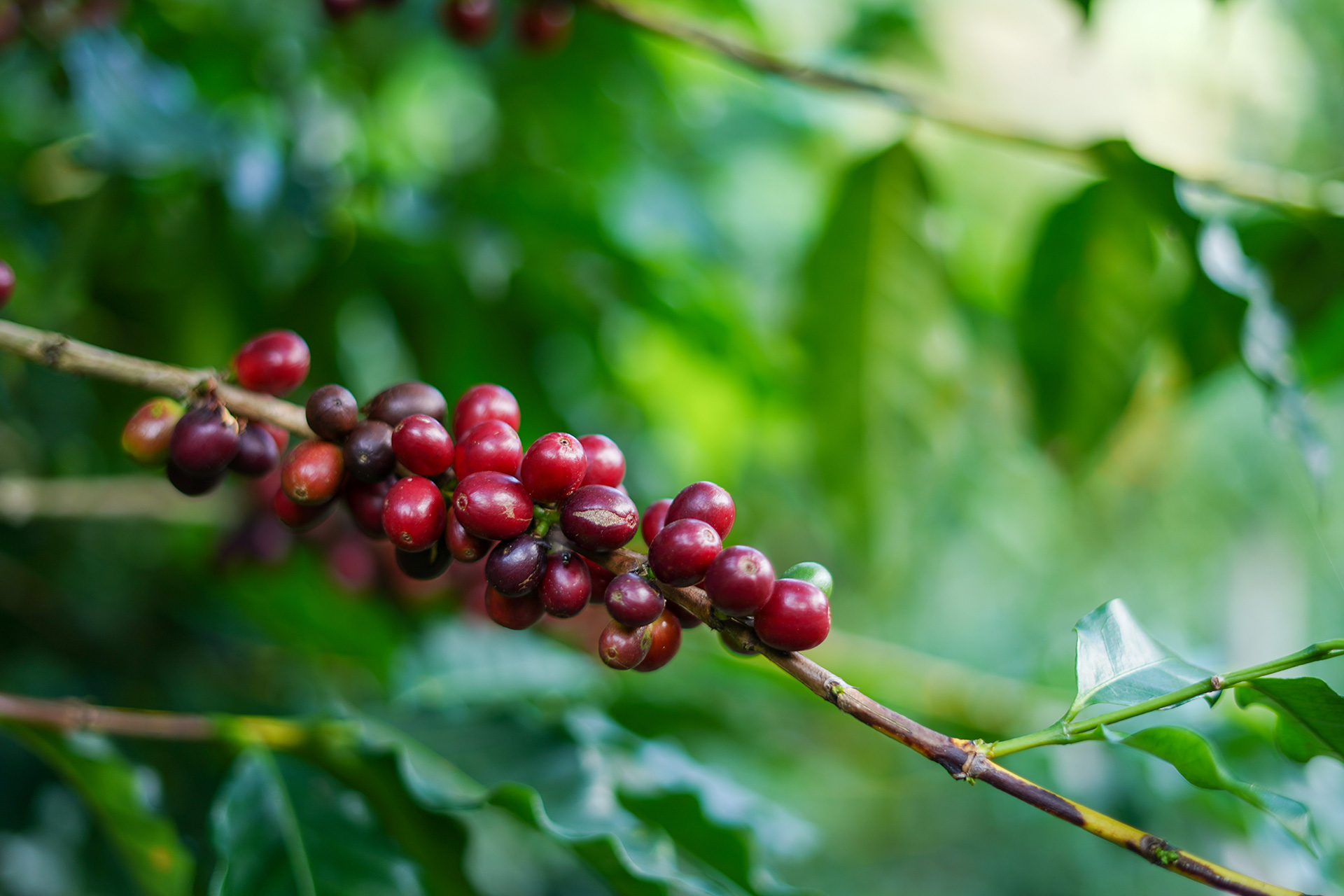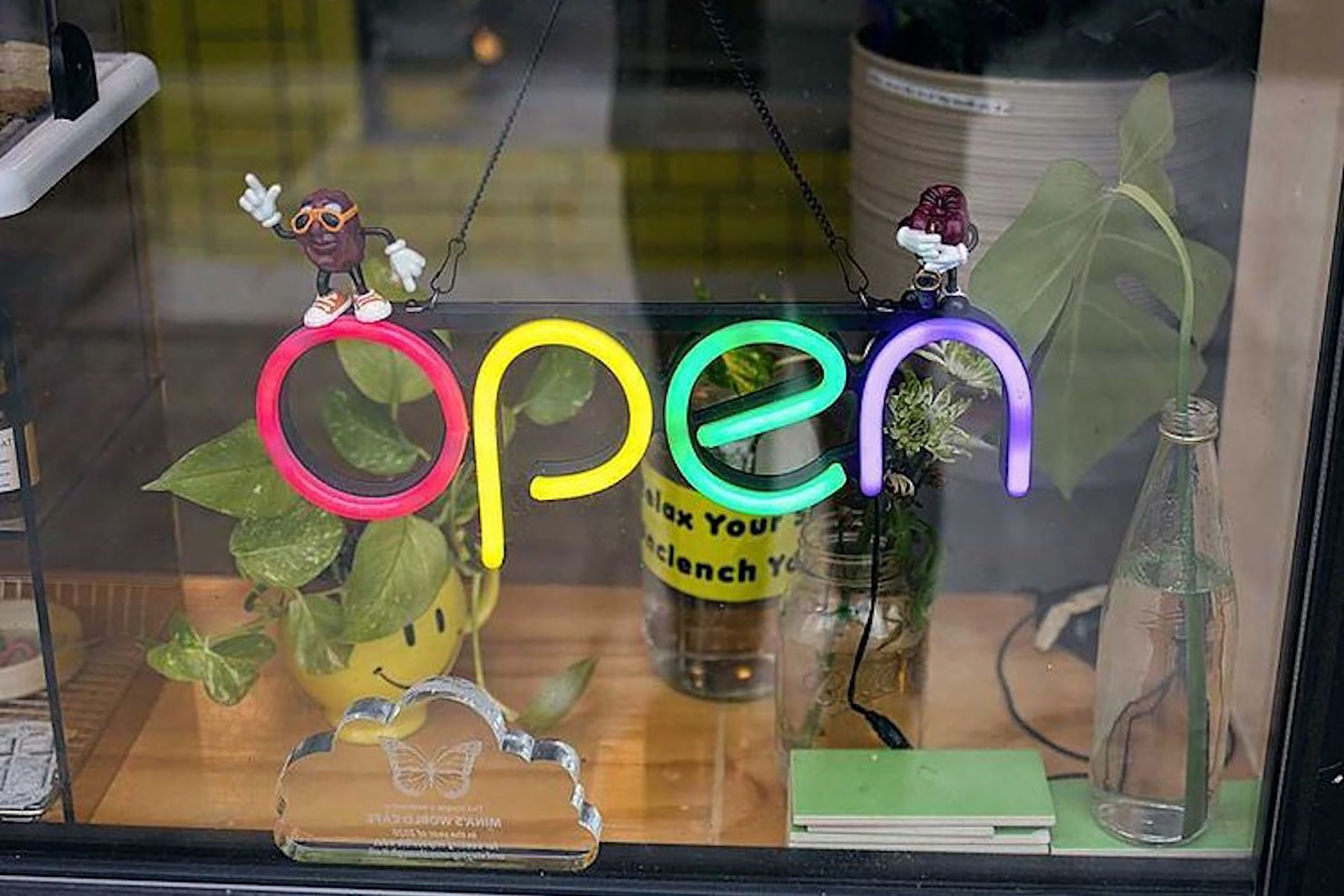The San Francisco Bay Area is known for being a hotbed of entrepreneurs and new ideas, and home to some of the world’s most profitable companies. But the reality is that it can be exceedingly difficult to launch anything here—it’s one of the most expensive places in the United States to live and have a retail store, and the never-ending pandemic only complicates things further.
In this story, we’re checking in on four different coffee companies who either launched or rolled out significant new product lines through the troubled last year. These companies have faced the challenges of doing business in San Francisco head-on, with positive results.
Ain’t Normal Cafe
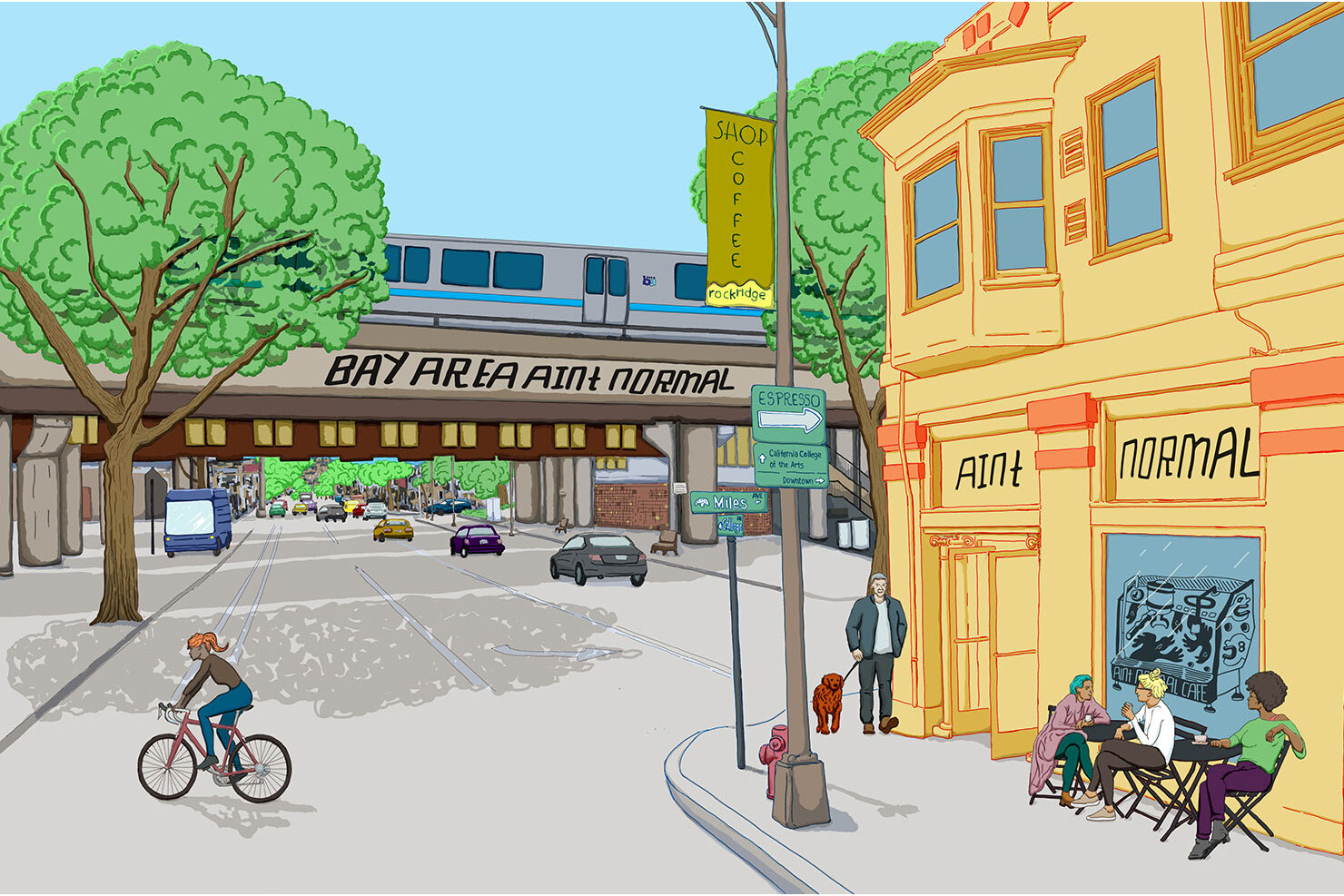
In October 2020, Faunus Lucas opened Ain’t Normal Cafe in Oakland. Before the pandemic hit, he had run a successful event catering coffee cart with plans to add a brick-and-mortar location. Through a series of fortunate events, a spot opened up for him just after everything shut down.
Brick-and-mortar cafes didn’t fare well in 2020. According to a World Coffee Portal report, nearly a quarter of the US retail cafe market value was lost, translating to $11.5 billion in sales lost.
“I’ve wanted to do this for a long time really bad,” he says. “Before the pandemic, I never would’ve second guessed it.” He credits his partner Jean Chadbourne in being on board with him, adding, “A lot of the decision was knowing I had the support around me.”
While he says it’s too early to tell if and how the pandemic directly affected the buildout, he did make some decisions with it in mind. Money that was originally slated for seating and a bus area went towards shelves and a sparkling water tap. And since it’s takeaway only in Oakland, Lucas opted to purchase 10,000 paper branded espresso cups because he felt they made the customer experience “a little more special.” He says, “If it wasn’t the pandemic, I wouldn’t have bought $2000 worth of cups.”
Fellow
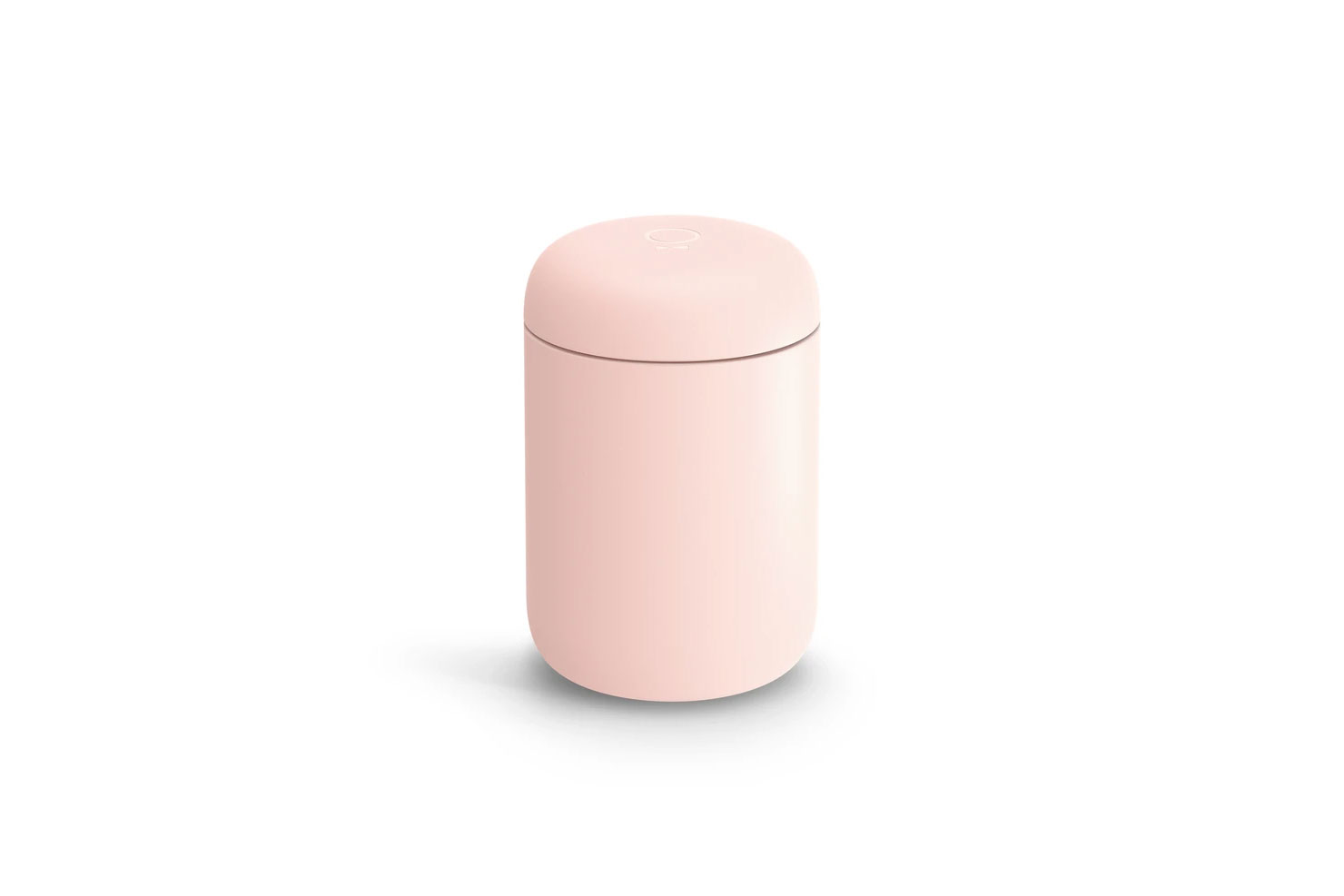
Fellow, a coffee equipment and accessories company, launched several products in 2020 with some presenting more challenges than others. For the Ode Brew Grinder, funded on Kickstarter and shipped in October 2020, communicating the timeline to backers was tricky. “We were very conservative about hinting at any launch dates we didn’t feel confident in as we knew any day different parts of our production line could shut down,” says founder Jake Miller. Ode would go on to win the Sprudgie Award for Best New Product.
In addition to the Ode, Fellow also launched the Carter Everywhere Mug in new colors and the Carter Move Mug. The Everywhere Mug’s campaign theme was “Bring the Outside In” with sunrise and sunset colors directly “inspired by the pandemic and our team’s experience of sheltering-in-place in San Francisco,” says Miller.
A fourth product launch was originally slated for November 2020 but was canceled last minute due to a product issue. Miller says that the problem was “directly correlated to the pandemic stopping our product and engineering team from not being able to travel to our manufacturing partners abroad.”
Managing a product launch from manufacturing and logistics to marketing is, to say the least, complicated. With its highest-volume products manufactured in Asia and a US product development team that couldn’t travel, Miller says, “It became very obvious that what we wanted wasn’t going to happen if we only managed product development via Skype calls.” As a result, Fellow hired employees based in Asia, which ended up being a decision that they “should have made years ago.”
Baratza
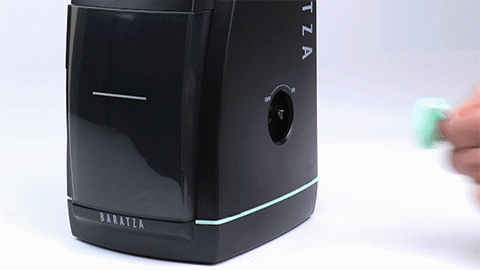
Grinder manufacturer Baratza, with team members based in the Bay, had originally planned to launch the white Encore grinder at SCA Expo in April 2020. Marketing manager Joyce Klassen says that while the show cancelation certainly changed the launch plans, the switch to an all-digital marketing effort wasn’t too difficult thanks to social media. “Social media allows us to do things that we couldn’t have done even five years ago,” she says.
“If you only have a certain number of people coming to a show that are going to see it, it’s just not the same,” says Klassen. “In a way, it certainly didn’t hold us back or stop anything.” By the time BARATZAgear came out later in 2020, the company was ready for the all-digital launch.
Thanks to a new group of budding homebrewers, Baratza’s sales climbed in 2020, putting a strain on its manufacturing. Luckily, the company manufactures in Taiwan, where new cases have been in the single digits since May 2020 and life has continued as close to normal as possible. In fact, their Taiwan team moved from one space to five and grew their employee size by over 100% to keep up with demand.
Tetrahedron Coffee
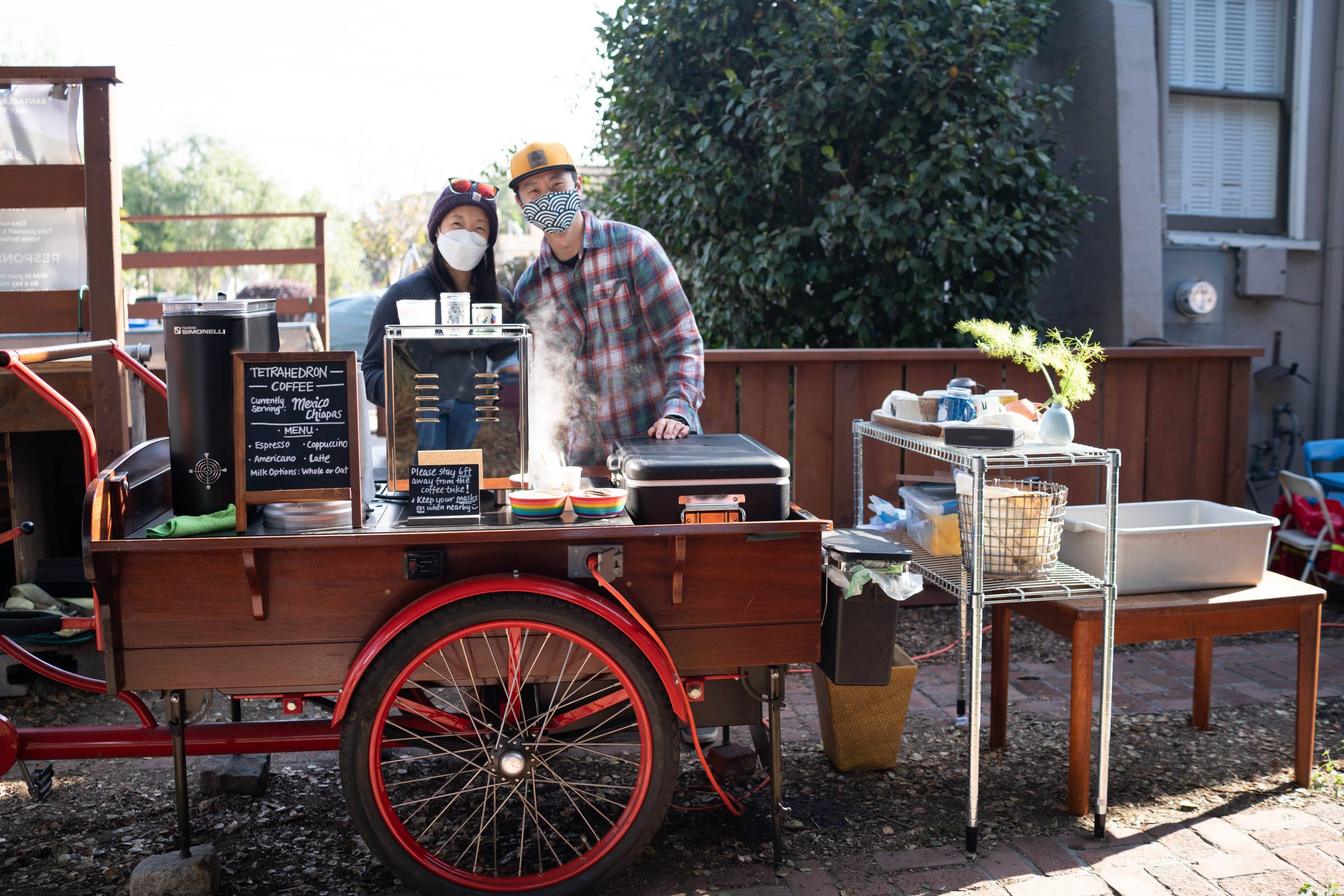
Over in Alameda, a trio of friends worked on their side project, Tetrahedron Coffee. Alex Chan, Andrea Dunlap, and Rohan Thompson formed Tetrahedron in pre-pandemic times with a quarterly roasting schedule. Orders were originally delivered by bike or picked up at a cofounder’s house. Alameda Island, while close to Oakland, didn’t have a lot of coffee options available to its residents. Tetrahedron aims to bring “high-quality coffee and build community in West Alameda,” says Chan.
In 2020, Tetrahedron moved to a biweekly roasting schedule and added a coffee catering bike cart. A cart was originally in the plans but the bike element was partially motivated by the pandemic. Chan sees the cart supporting local events in the future but in the meantime, their friends and neighbors get to benefit from it with small, socially-distanced gatherings like the apple cider donuts garden party.
As the roaster, he’s observed some changes in Tetrahedron’s customers’ drinking behavior. “What we’ve found is that a lot of people who have been working from home have been searching for higher-end coffee,” he says. “They’ve been more particular about what coffee they’re making and actually caring about the origin of it.”
Data backs his observations up. A Melitta survey noted that 46% of survey takers said they had a desire to improve their homebrewing skills and 45% were using a new brew method at home compared to 2019.
Chan is feeling cautiously optimistic and is using this time to build up Tetrahedron’s customer base. He says, “being able to do this with very little overhead is definitely allowing us to nurture our skills, roasting good coffee, and iterating on that.”
Jenn Chen (@thejennchen) is an Editor At Large at Sprudge Media Network. Read more Jenn Chen on Sprudge.




